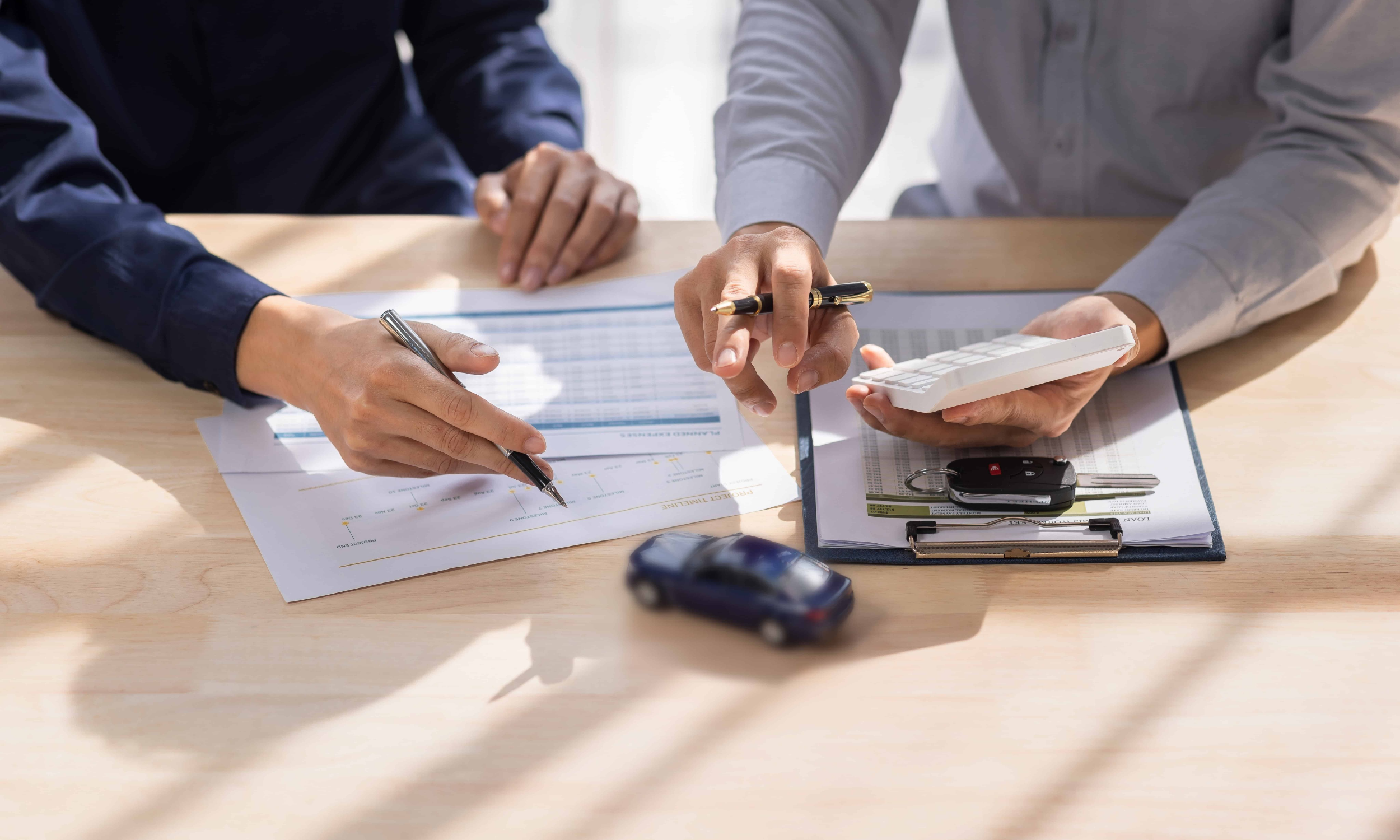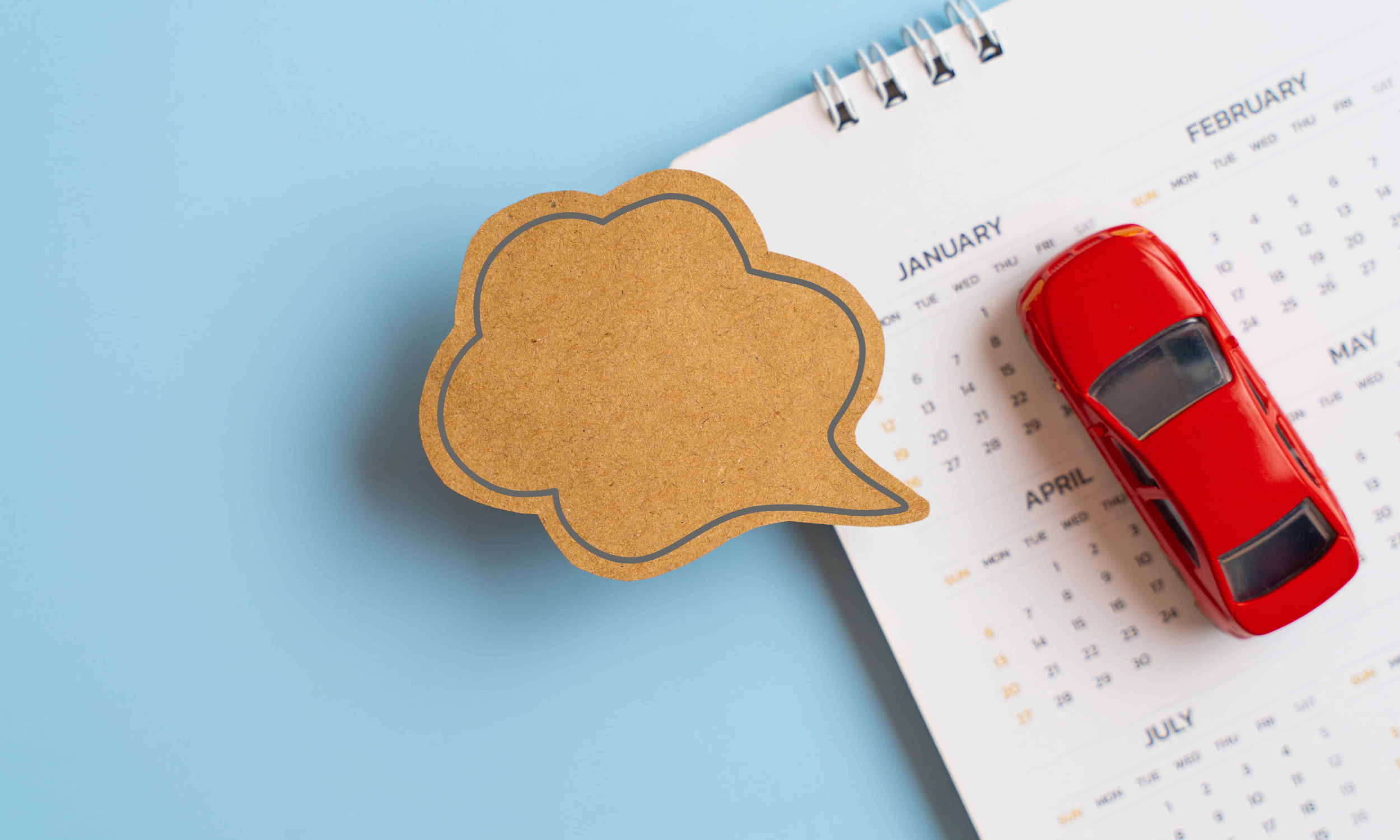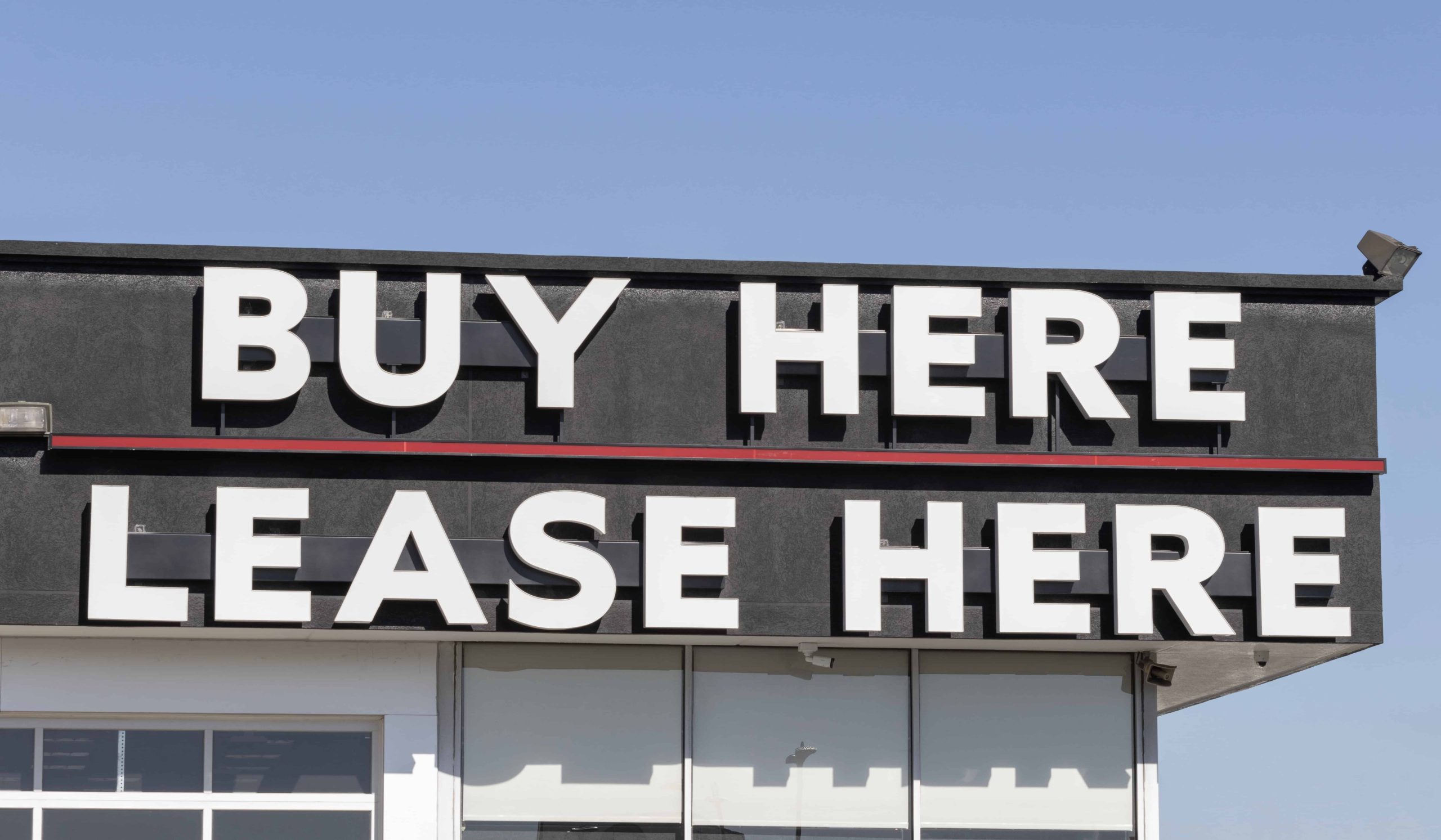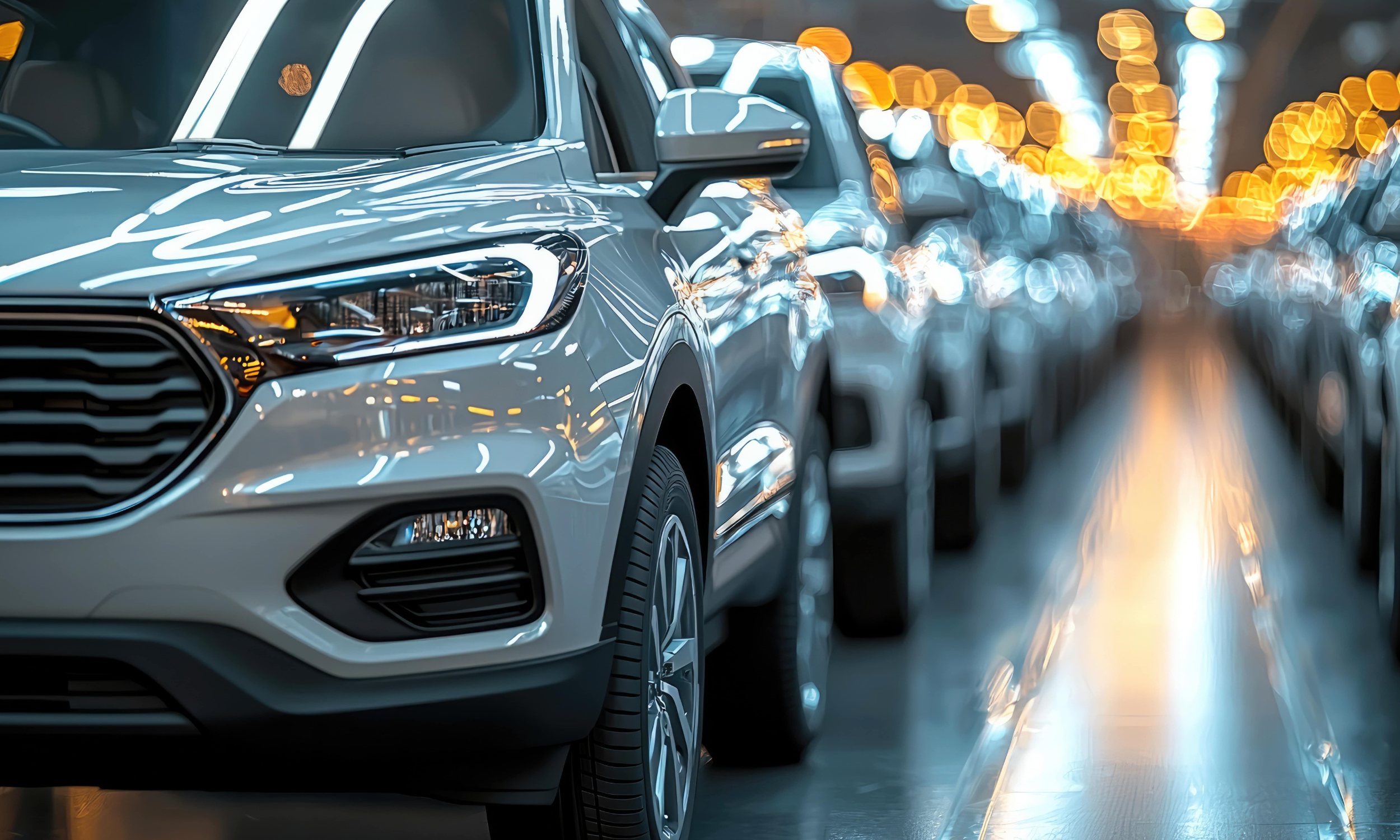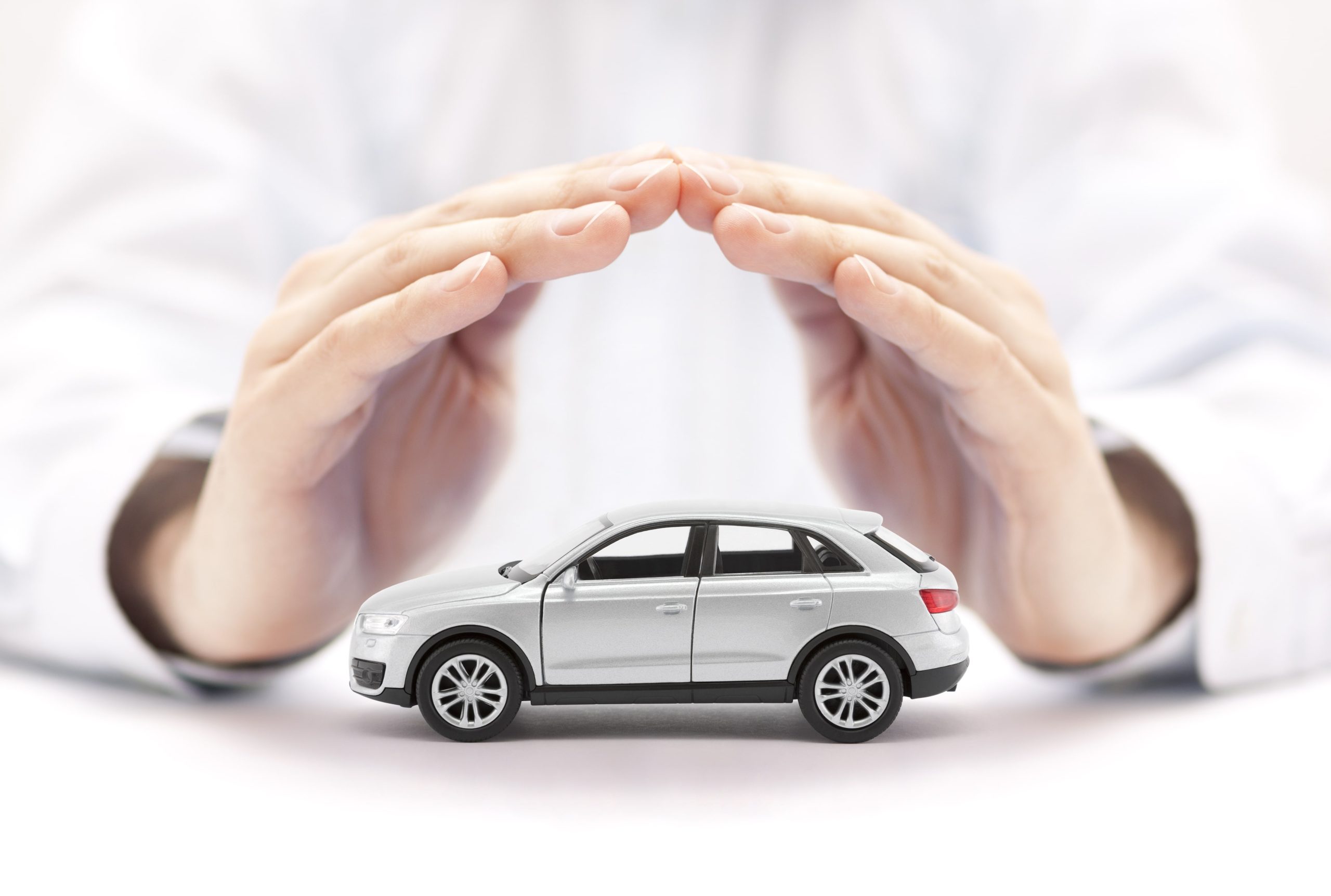Deciding whether to buy or lease a car is a big financial choice. Both options have pros and cons depending on your budget and lifestyle. Lower monthly payments might make leasing attractive, but ownership builds long-term value. Understanding the costs and benefits of each will help you make the best decision.
Owning Versus Borrowing – What Saves in the Log Run?
The primary difference between buying and leasing a vehicle boils down to ownership. When you buy a car, whether with cash or a car loan, you eventually own it. Leasing is more like a long-term rental. You make monthly payments to use the vehicle for a set lease term, but you don’t own it.
Breaking Down Car Loans
Car loans involve borrowing money from a lender. You’ll pay that money back with monthly installments. Part goes towards the principal and some to interest. The car is yours when paid off. With auto loans, you can keep or sell the car at any time. No worries about making adjustments or getting wear-and-tear.
Understanding Car Leases
Car leases focus on paying for using a car. The lease payment reflects the difference in the car’s current market value and future value. These payments are typically less. Keep in mind though you are without a car when the lease expires. Many are finding they drive less, thus using less miles. Although life does have a funny way of changing quickly and making commitments like this more difficult.
Leasing vs Buying Car: Monthly Costs
One of the biggest factors when deciding between leasing and buying is the monthly payment. This directly impacts your budget. Generally, lease payments are lower than loan payments. Keep in mind, you do not have a car to trade or sell down the line. It also depends on your specific finances. You may be able to get an auto loan at a more affordable monthly payment than a lease.
Why Lease Payments Can Be Lower
Lease payments only cover depreciation and fees. In other words, that sweet spot of a car’s life cycle, you aren’t building any equity. This can seem like a big win. It really depends on how often you like to drive a new vehicle.
The Hidden Costs of Leasing
Leases come with mileage limits. If you exceed the agreement, there are typically penalties. Wear and tear will be highly inspected at the end. Also, keep in mind, the vehicle needs to be left exactly as you bought it, impacting your ability to save money long-term. Consider if you will need gap insurance, adding to the fees required.
Long-Term Financial Implications of Leasing vs Buying a Car
While the short-term costs are important, you need to examine long term value. Buying a car is an investment that’s supposed to build value. With leasing you continuously make payments and start again.
Building Equity Through Buying
Every loan payment you make builds ownership. Over time the value decreases. The upside to owning is having value to apply. You can leverage that value when purchasing your next car. You’ll want to consider things that will help you save money.
Check your credit report for any issues, aiming for a good credit score. Securing a loan with a favorable annual percentage rate will reduce your overall costs.
The Continuous Cycle of Lease Payments
Leasing means constant car payments. If you love to drive a newer vehicle, leasing may be more beneficial for your needs. Some people want something simple, with less repair needs. In these cases, leasing will allow for a seamless trade to a new car and continuing those lower monthly payments. Be aware of the sales tax implications. Leasing may have different tax treatments than buying.
Maintenance and Repairs: A Key Consideration
Cars, just like homes, have upkeep expenses that can impact a household budget. It still is something to heavily consider here as well. Leased cars usually have the perks of less upkeep needs. This benefit usually offsets the lower payments when going that route. Factor in potential maintenance costs when deciding.
Warranty Coverage with Leased Cars
Leased vehicles are brand new. As long as you adhere to the schedule, maintenance costs are commonly handled through the warranty. This takes guesswork and headache out of any issues. It also helps those on fixed budgets know their set vehicle costs.
When buying a car, upkeep costs increase with time. While a newer car bought may come with warranties too, when buying used there are often zero. It’s your car so your wallet can handle any surprise repairs. Depending on the issues, sometimes those expenses get quite high quickly.
Your car insurance premiums may be different. Compare quotes from insurance companies for both leased and owned vehicles.
Overall
There’s no single right answer to the leasing vs buying a car question. It needs proper consideration and assessing of situations. In some cases, you could save more with leasing. In other cases, you could save more by buying. It just depends on your financial situation.
Do you prioritize driving new cars with potentially no maintenance costs? Then leaning toward leasing might have an edge, finding the best lease terms. For long-term savings, prioritizing buying is typically better financially. By considering everything here, including loan rates, it should get you to the perfect choice. Review reviews of car models you’re considering to make informed decisions.




